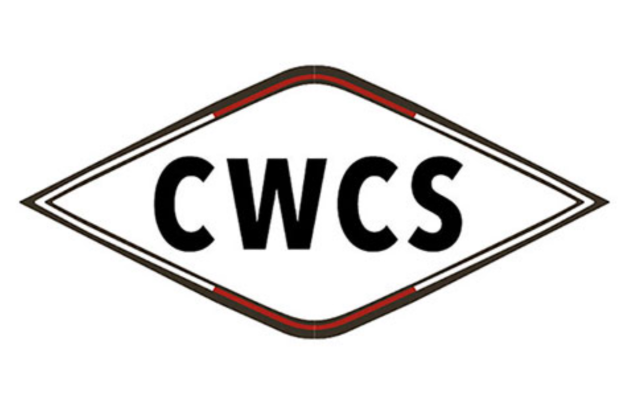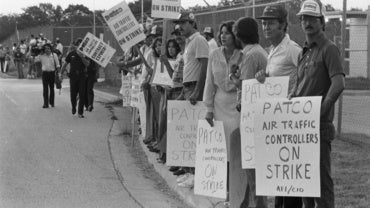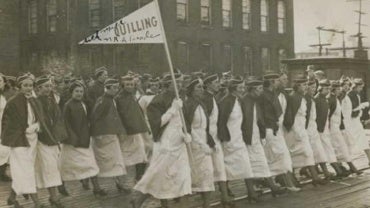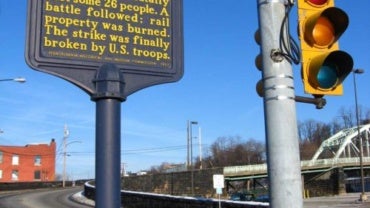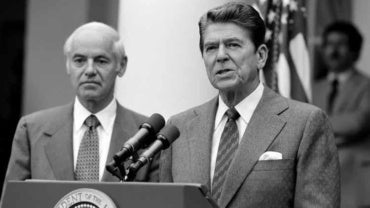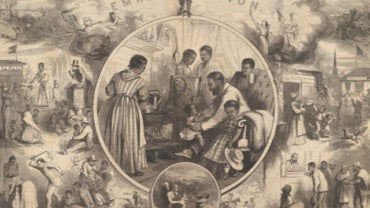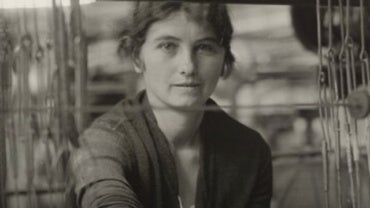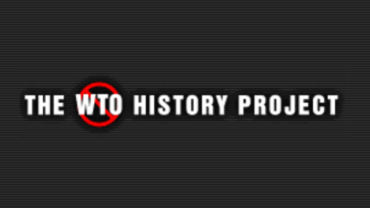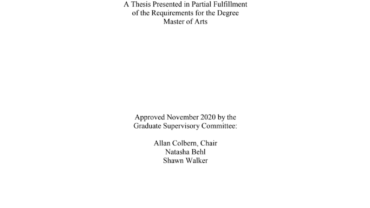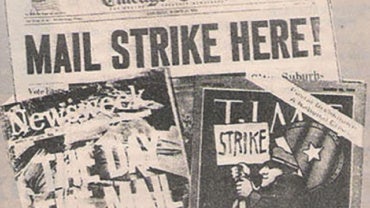The Center for Working-Class Studies (CWCS) at Youngstown State University (YSU) was the first academic program in the U.S. to focus on issues of work and class. CWCS members have been at the forefront of “new working-class studies,” an international movement that brings together academics, artists, activists, students, and others who are interested in the history, experiences, stories, and politics of the working class. Started in 1996, the CWCS is housed in YSU’s College of Liberal Arts and Social Sciences and closely affiliated with the American Studies Program. The Center offers courses in American Studies, English, History, and Labor Studies, including a four-course graduate certificate and a focus area within the American Studies MA program. The Center has twelve faculty affiliates, and nine community affiliates.
